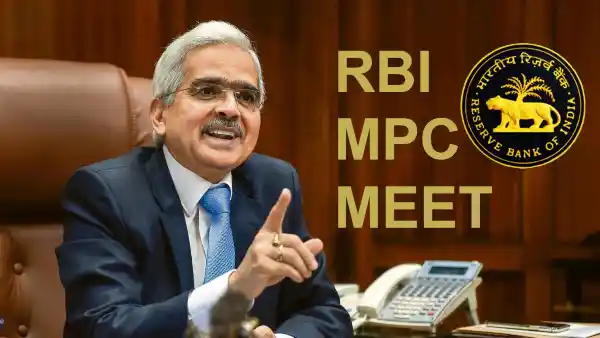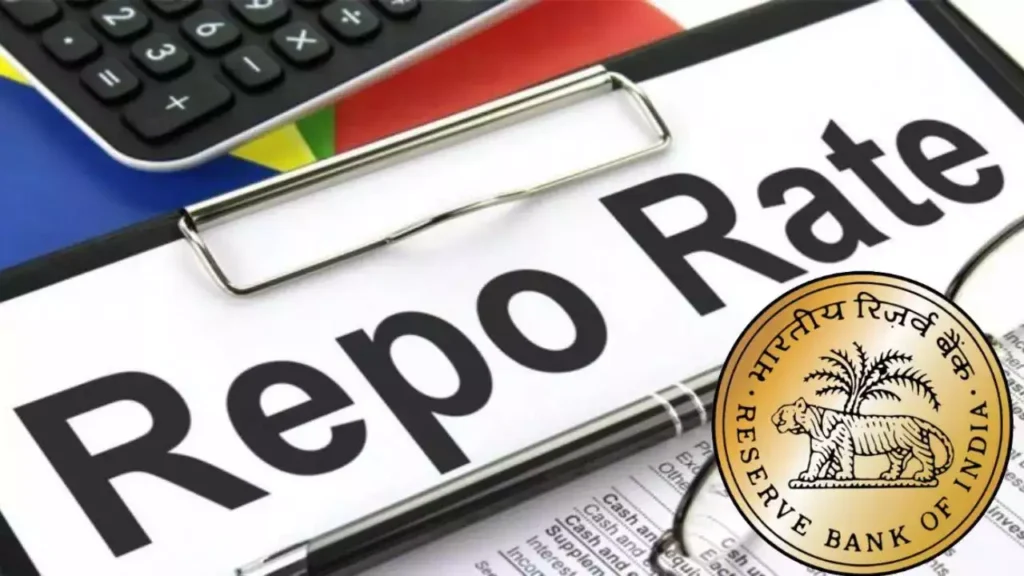By – Rohit Dwivedi
The Reserve Bank of India (RBI) has decided to keep the repo rate unchanged at 6.5% for the consecutive time, maintaining its position since February 2023. The decision, made during the three-day meeting of the Monetary Policy Committee (MPC), was taken by a majority vote of 4-2. This marks another instance of the RBI’s ongoing efforts to control inflation while fostering stable economic growth.
Key Details of the RBI MPC Decision:
- Repo Rate Unchanged: The RBI has kept the repo rate steady at 6.5%. The reverse repo rate is also unchanged at 6.25%, and the Marginal Standing Facility (MSF) rate remains at 6.75%. The decision reflects the central bank’s cautious stance on the current economic conditions.
- Economic Growth Revision: The RBI has revised the GDP growth forecast for the current fiscal year from 7.2% to 6.6%. The economy showed a slower-than-expected growth rate of 5.4% in the July-September quarter. However, signs of economic slowdown have diminished, suggesting that the worst may be over.
- Inflation Outlook: Inflationary pressures, particularly in food prices, remain a concern. RBI Governor Shaktikanta Das indicated that inflation may stay elevated during the third quarter of the fiscal year, but relief is expected with the rabi crop harvest. The retail inflation forecast for FY 2024-25 has been increased from 4.5% to 4.8%.

What Does This Mean for Your EMI?
The RBI’s decision to hold the repo rate steady means that borrowing costs will remain unchanged for the time being. If you have a loan with a floating interest rate, your EMI will not be directly impacted by this policy. However, if you have a loan tied to the repo rate, like a home loan, the EMI will continue to be based on the existing rate set by your lender.
- Home Loans & EMIs: Since the repo rate directly affects the interest rate charged by banks and financial institutions, maintaining it at 6.5% means home loan borrowers will not see an increase in their monthly installments. This stability offers relief to borrowers who are already facing higher costs due to inflation.
- Loan Repayments: Individuals with personal loans, car loans, and other types of credit linked to the RBI’s policy rates may also see stability in their repayment amounts. Banks typically adjust interest rates in line with the RBI’s movements, but with no change in rates, borrowers can expect their EMIs to remain constant.

Why No Change in Repo Rate?
The RBI’s primary objective remains controlling inflation, particularly after the sharp rise in food prices that affected consumers in 2023. The central bank’s decision to keep rates unchanged indicates a measured approach, as it continues to balance inflation control and support for economic growth.
Governor Shaktikanta Das emphasized the importance of a neutral monetary policy stance, which aims to remain flexible in response to economic developments. While inflation is expected to stay high in the short term, the RBI remains confident that it will stabilize as the economy recovers.
Looking Ahead
The RBI’s focus for the remainder of the fiscal year will be on ensuring economic stability, controlling inflation, and supporting growth. With GDP growth now projected at 6.6% for the current fiscal year, the RBI’s cautious yet steady approach suggests a watchful eye on inflation trends and global economic conditions.
As always, borrowers are advised to keep track of any future changes in the RBI’s policy stance and consult with their lenders if they have any concerns about interest rates or EMI adjustments.

Conclusion
The RBI’s latest MPC decision ensures stability for borrowers, as the repo rate remains unchanged for the time being. While there are challenges ahead in terms of inflation and economic growth, the central bank’s cautious approach provides a sense of continuity for both borrowers and the broader economy. Keep an eye on future updates from the RBI, especially if you have loans linked to interest rates.

